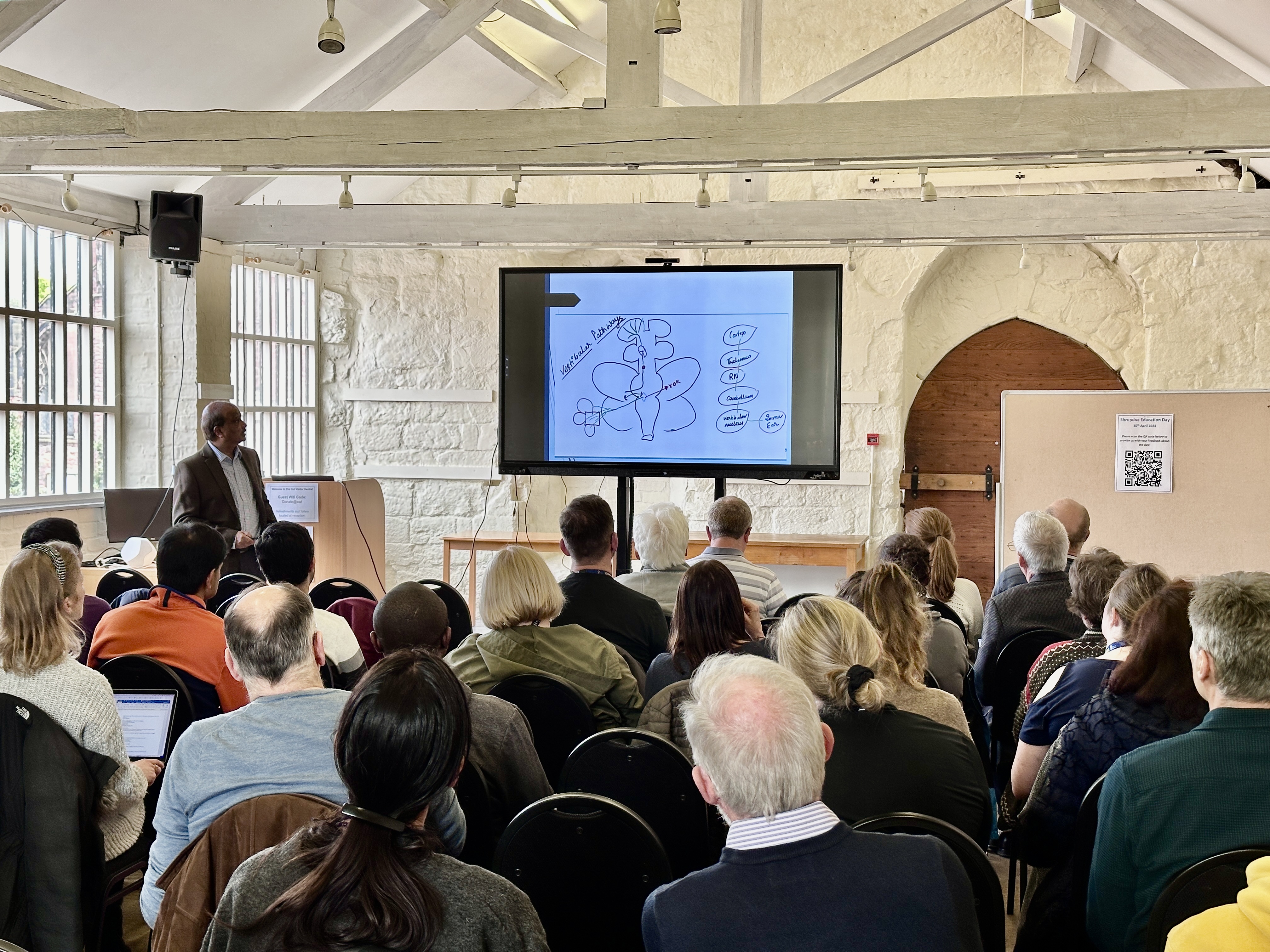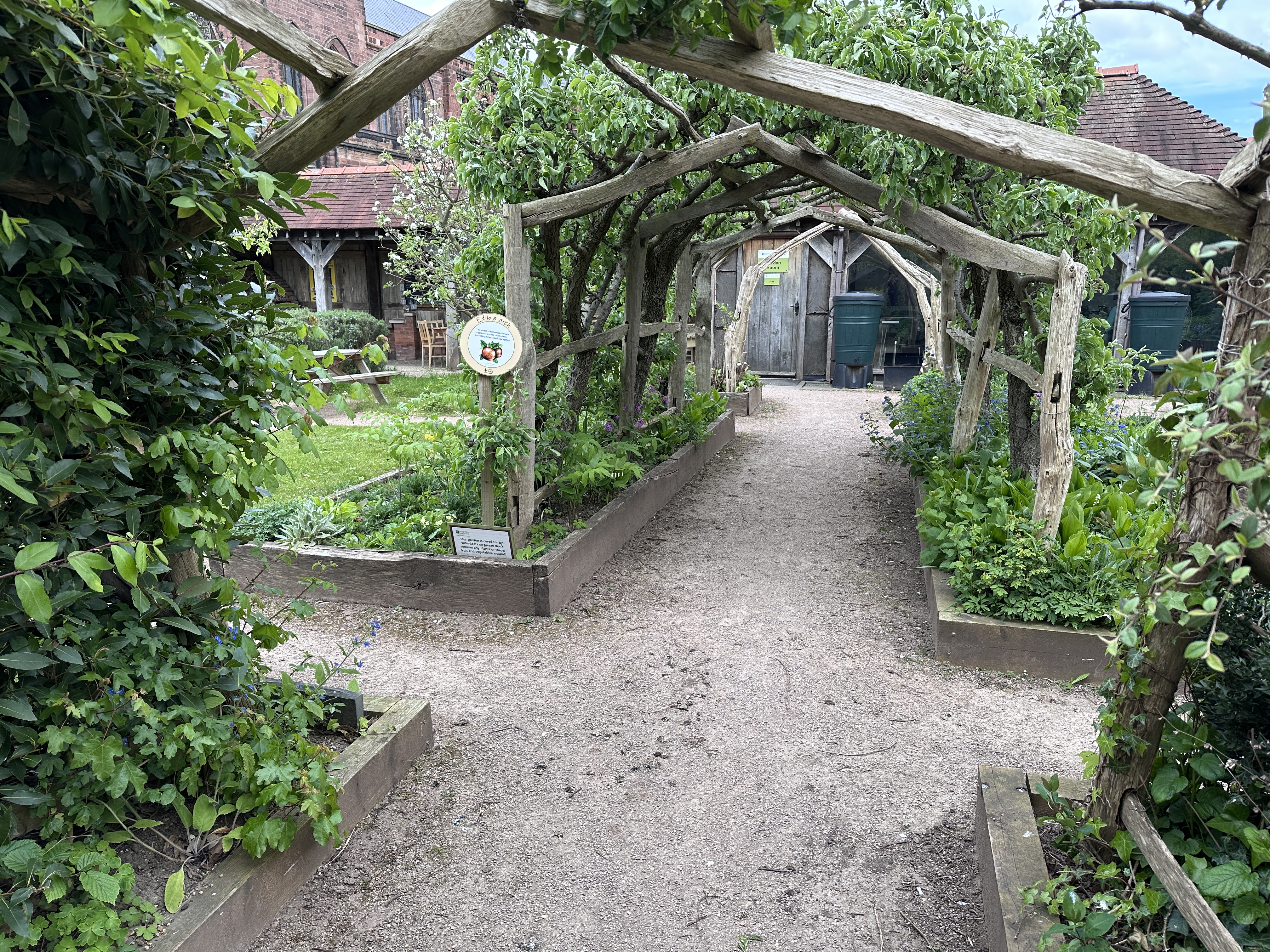Shropdoc Education Day

Shropdoc teams gathered together in Shrewsbury for the first 2024 Education Day.
Teams from across Shropdoc, from GPs to Primary Care Centre Assistants, spent the day at The Wildlife Trust base in Abbey Foregate.
Organised by Shropdoc’s Clinical Quality team, the event follows two hugely successful education days in 2023 in Shropshire and Powys and aims to provide information, practical updates, and learning opportunities.
The day opened with Dr Simon Chapple, Shropdoc Medical Director, welcoming delegates and introducing the day as an opportunity to ‘luxuriate in learning’, quoting Dr Zeuss saying, “Think left and think right and think low and think high. Oh, the thinks you can think up if only you try!”
Delegates first attended a session about balancing risks across the urgent and emergency care spectrum before moving on to practical sessions, including how to confidently assess vertigo in urgent primary care, life support, and medical emergencies statutory update sessions.
A delicious lunch was enjoyed by all and there was plenty of networking for all in attendance.
A session was also held for the Shropdoc PCCAs/Drivers on kit and emergency scenarios which used real scenarios as part of the learning and talked with attendees about how to approach situations and work alongside other emergency services.
The day also included a discussion on safety culture and group work on learning from incidents and complaints.
Karen Urbicki, Head of Clinical Quality and Compliance, said “The discussion of safety culture in urgent care is pivotal to fostering an environment where patient safety is prioritised and continually improved. It encompasses the shared values, attitudes, and practices that characterise Shropdoc’s commitment to safety.
“By openly discussing safety culture, staff at all levels can identify potential risks and understand the importance of following safety protocols.
“This proactive approach ensures that any incidents are swiftly addressed and their root causes analysed. Consequently, a robust safety culture contributes to higher quality care, improved patient outcomes, and increased trust among patients and their families.”
Karen said involving staff in these discussions fosters shared responsibility and accountability.
She added: “When healthcare professionals collaborate to review and analyse incidents and complaints, they can develop effective strategies to mitigate future risks. This collective learning process allows for diverse perspectives and expertise to contribute to a comprehensive understanding of what went wrong and why.
“By addressing the issues raised in incidents and complaints, we can implement targeted improvements, enhance patient safety, and ensure that similar problems are less likely to occur in the future.”
Back to all news

